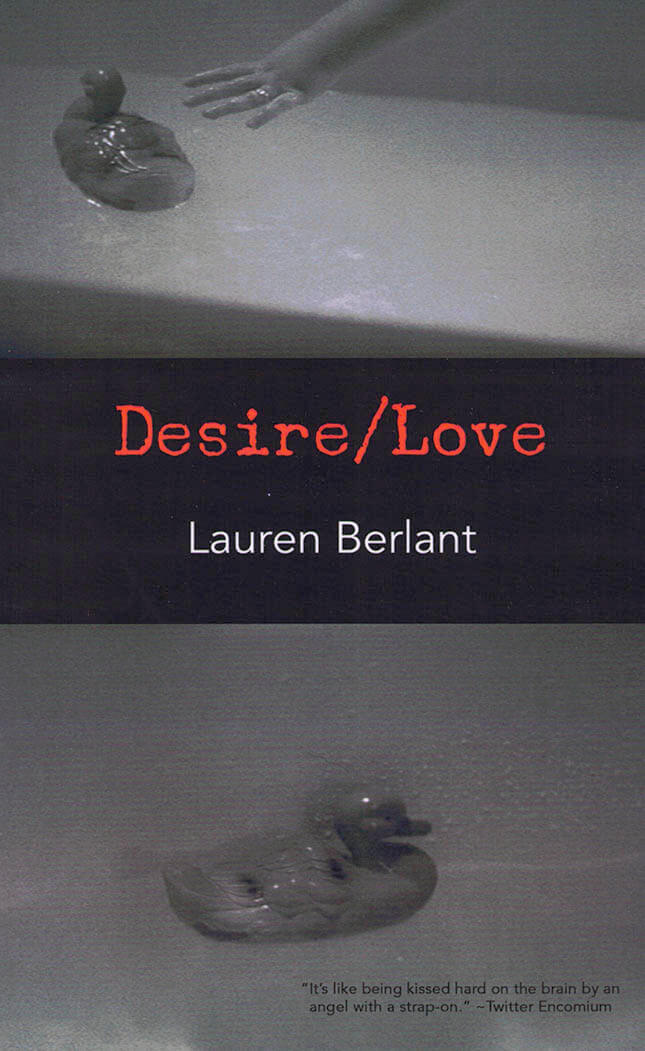
Reading Sedgwick
Over the course of her long career, Eve Kosofsky Sedgwick became one of the most important voices in queer theory, and her calls for reparative criticism and reading practices grounded in affect and performance have transformed understandings of affect, intimacy, politics, and identity. With marked tenderness, the contributors to Reading Sedgwick reflect on Sedgwick's many critical inventions, from her elucidation of poetry's close relation to criticism and development of new versions of queer performativity to highlighting the power of writing to engender new forms of life. As the essays in Reading Sedgwick demonstrate, Sedgwick's work is not only an ongoing vital force in queer theory and affect theory; it can help us build a more positive world in the midst of the bleak contemporary moment.
Contributors. Lauren Berlant, Kathryn Bond Stockton, Judith Butler, Lee Edelman, Jason Edwards, Ramzi Fawaz, Denis Flannery, Jane Gallop, Jonathan Goldberg, Meridith Kruse, Michael Moon, José Esteban Muñoz, Chris Nealon, Andrew Parker, H. A. Sedgwick, Karin Sellberg, Michael D. Snediker, Melissa Solomon, Robyn Wiegman







